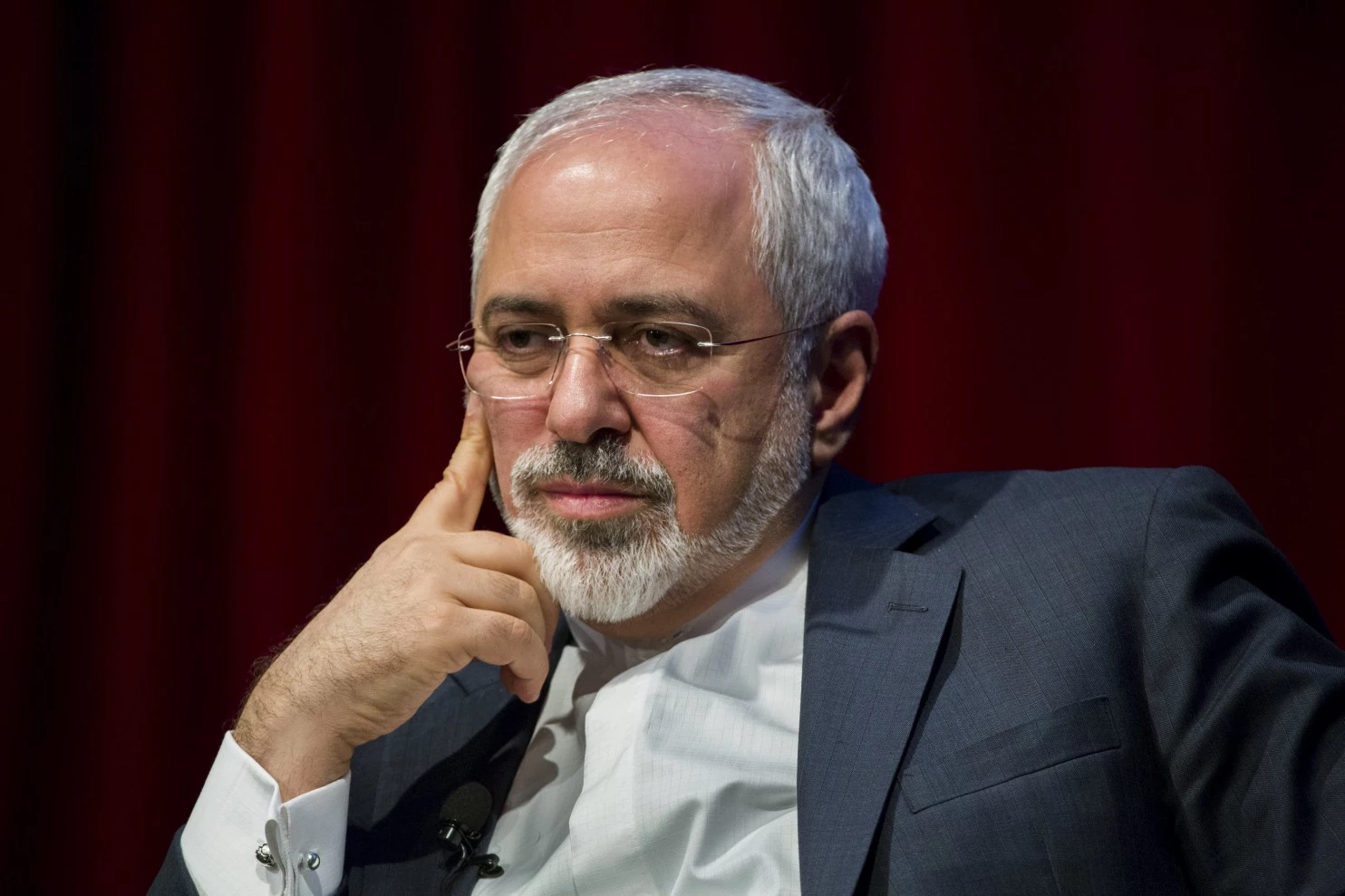Source: www.washingtonpost.com
Masih Alinejad is an Iranian journalist living in New York and creator of the My Stealthy Freedom campaign on Facebook.
During an interview last month with TV host Charlie Rose, Iranian Foreign Minister Mohammad Javad Zarif asserted that Iran doesn’t “jail people for their opinions,’’ a comment that was met with howls of protests from Iranian activists and journalists who have tasted the hospitality of Iran’s prison system. A photoshopped image of Zarif with a long wooden nose was circulated online. Journalist Bahman Ahmadi Amouei, who was jailed in the 2009 crackdown, challenged Zarif’s claim in an open letter on Facebook:
“I testify that [President Hassan] Rouhani’s government and his foreign minister are lying about this issue,’’ he said, noting that he was subjected to psychological and physical torture while being held “because of his opinionsand articles written in the country’s newspapers.”
Stung by the reaction, Zarif offered an explanation on his Facebook page. He said his comments were only about Jason Rezaian, The Post reporter who has been imprisoned for more than nine months on espionage charges. He urged his critics to be fair and respect “national interests.’’
But whose national interests are we talking about?
I’m an Iranian woman who was jailed at age 19, while pregnant, for helping to create a student newsletter — in other words, for having an opinion. Like too many others, I have been forced into exile, which has prevented me from seeing my family for six years, because of my opinions.
At 30, I was barred from parliament for my work as a journalist exposing how much the lawmakers were paying themselves. After I became a columnist, I lost my position for a while for criticizing then-President Mahmoud Ahmadinejad. Such reprisals are not suprising to Iranian journalists, who are used to being threatened or called in for questioning. It’s a part of the job that creates internal red lines; if we express our opinions, there are consequences.
I cannot even express an opinion in how I dress. Iranian women are required to wear a hijab headscarf. Last year, more than 3.6 million women received warnings from the police for wearing improper hijabs, according to officials. Through the My Stealthy Freedom campaign, I have connected with nearly a million people worldwide in an effort to challenge government-enforced hijab rules. For this, I’d unquestionably be jailed if I were to return to Iran. That’s what can happen in Iran when you express an opinion.
And, as if to prove Zarif wrong, last week security agents arrested human rights activist Narges Mohammadi, the deputy director of the Defenders of Human Rights Center (DHRC), which was cofounded by Nobel Peace Prize recipient Shirin Ebadi. For what possible reason other than her views could she have been arrrested?
This is not the first time Zarif has made comments that sound like an Ahmadinejad rant; in March 2014, for instance, he claimed that political executions do not take place in Iran. Zarif’s defenders will say that he’s one of the good guys. They argue that, for him to gather support from the hard-liners, he needs to secure a nuclear deal with the United States and to achieve his goal of ending sanctions and allowing Iran to rejoin the world, he has to lie every now and again. We all have to cut him some slack, they say.
Privately and publicly, these supporters warn dissenters not to write in English so as not to undermine Zarif’s position. Nothing to see here, they say, let’s all move along. If you criticize Zarif, you are labeled a warmonger and a supporter of the sanctions. Let me shout out that I am against war and that these sanctions have devastated the lives of ordinary Iranians.
But let me be frank: Zarif does what he is paid to do, which is protect the Islamic Republic of Iran. As a diplomat, he will defend the country’s unsavory human rights record. He will deny U.N. reports of abuse. He will back Iran’s judiciary as it keeps Rezaian and others in detention. He will defend the persecution of the Bahai religious minority.
I’ve interviewed the families of dozens of protesters killed during peaceful demonstrations in 2009. I’ve interviewed the families of those executed for their political or religious beliefs. They — and too many others like them — are the ones who deserve sympathy and understanding.
I’m against lies. Mr. Zarif, Iranians wish you success in your efforts to see sanctions removed and to reach a peaceful resolution to the nuclear question. But don’t expect us to applaud when you claim “national interests” trump human rights abuses against journalists, dissidents, religious minorities and women. We — the Iranian people — also want a negotiation to secure our rights and our freedoms.

March 18, 2016 8:01 pm
Thank you Masih Alinejad , for a frank and true article about Iran’s foreign policy which is based on lies.